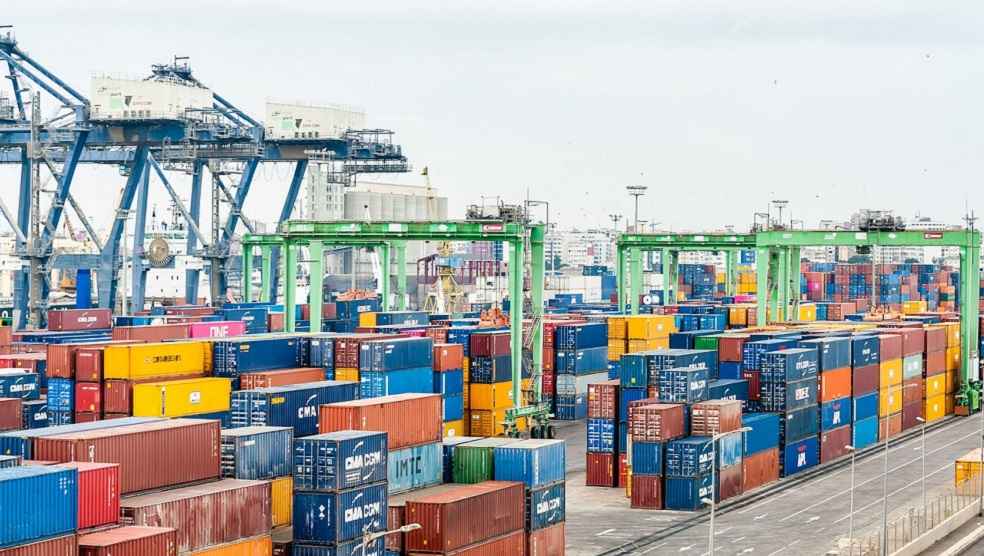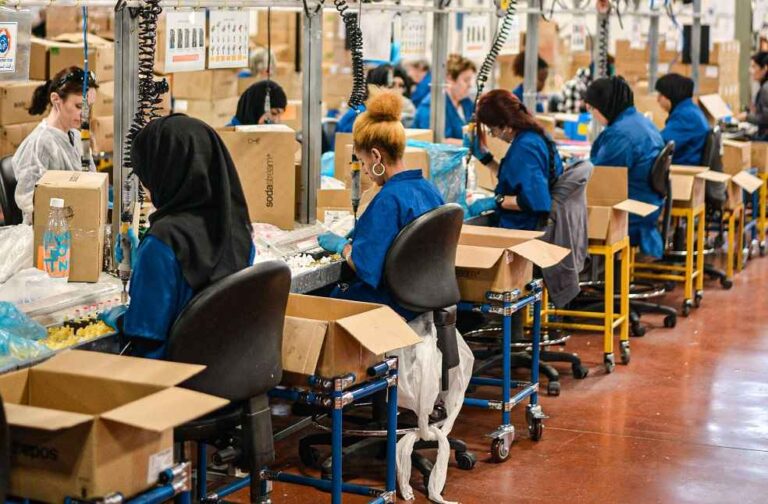Turkish exporters are facing mounting pressures as escalating labor and input costs diminish their global competitiveness. The economic downturn gripping Türkiye has amplified these challenges, with exporters increasingly struggling to secure orders, produce goods, and sustain their market presence.
Dr. Hakan Cinar, President of the Türkiye-based Association of Foreign Trade Leaders (DISYONDER), recently sounded the alarm during an interview with Dunya. The sharp increase in labor costs, compounded by the surging prices of raw materials and semi-finished goods due to hefty customs duties and anti-dumping policies, has placed Turkish exporters in a precarious position.
The cost of a minimum wage worker, inclusive of social benefits, has soared to ₺31,000 ($960), reflecting a 67% rise in dollar terms since 2021, Cinar observed. This surge positions Turkish labor costs at two to three times those of key Asian competitors, severely undermining Türkiye’s price advantage.

The escalating costs are visibly impacting Turkish exporters, who now face a significant challenge in maintaining their global standing. Cinar highlighted the exacerbation of Türkiye’s price disadvantage due to its dependence on costly imported raw materials and semi-finished goods, which have become increasingly expensive under current trade policies.
Production costs in Türkiye have outpaced those of Asian suppliers, Cinar noted, emphasizing the growing difficulty Turkish exporters encounter in competing globally, particularly against Asian rivals with substantially lower labor and input costs.
To counteract these adverse trends, Cinar proposed a series of strategic policy shifts. Key among these is the recommendation for all exporting firms to access free zone advantages temporarily, a move designed to ease the financial burden on exporters. Additionally, he advocated for the replacement of customs duties and VAT on imported inputs with a direct guarantee system and called for the cessation of Corporate Tax and SGK premiums for exporters.

Mustafa Gultepe, President of the Turkish Exporters Assembly (TIM), echoed Cinar’s concerns, pointing to the stagnation in Turkish export growth over the past 18 months. Gultepe remarked that Türkiye now finds itself at least 40% more expensive than its competitors in dollar terms, with the price gap between Türkiye and European countries widening to 15-20%.
“Previously, the price difference was a maximum of 20%. We are now 15-20% more expensive than European countries. The situation is becoming increasingly difficult,” Gultepe stated, highlighting the intensifying challenges Turkish exporters face in securing orders and retaining their market share.
POLICY & LAW | Canada Slaps 100% Tariff on Tesla’s Chinese-Made EVs



